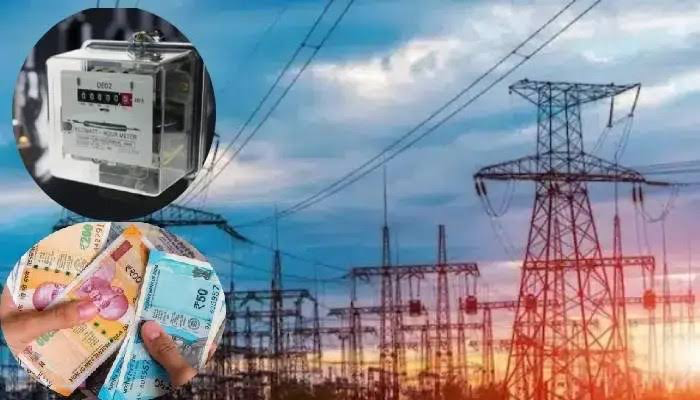In a bold pronouncement that has sent shockwaves through the nation, the Northern Elders Forum (NEF) has vehemently criticized the federal government’s recent implementation of a staggering 200 percent increase in electricity tariffs. This decision, which came into effect immediately, has been branded as a reckless disregard for the welfare and well-being of the Nigerian populace, raising alarms over the government’s insensitivity to the economic strains faced by its citizens.
From the heart of Kaduna, Noah Ebije reports that this dramatic hike in electricity tariffs has sparked outrage and concern among various sectors of society, with the NEF taking a leading role in voicing the distress it spells for the average Nigerian. The forum’s spokesperson, Abdul-Azeez Suleiman, articulated the collective dismay, highlighting the move as an act of economic oppression that threatens to deepen the chasm between the socioeconomic classes in Nigeria.
According to the NEF, the new tariff structure is not just exorbitant but borders on exploitation, given that the vast majority of Nigerians are currently embroiled in economic hardship. With the nation grappling with inflation and rising living costs, the forum posits that the tariff hike is not only untimely but also unaffordable for the masses who are barely managing to make ends meet.
The sharp increase translates to a monthly electricity cost of N162,000 ($392) for 24-hour power supply, culminating in an annual expense of N1,971,000 ($4,760). These figures represent an astronomical burden on the Nigerian citizenry, who are already stretched thin by the prevailing economic conditions. The NEF asserts that such rates are unsustainable, locking out a significant portion of the population from accessing basic electricity services.
In a strongly worded statement, the NEF accused the government of perpetuating economic disparities through this tariff adjustment, warning of the potential for internal security threats as the gap between the affluent and the impoverished widens further. The forum condemned the government’s apparent lack of empathy and its failure to consider the economic realities facing the average Nigerian. It was a decision, they argued, that showcased a blatant disconnect between the government’s policies and the needs of its people.
The outcry against the tariff hike is grounded in a broader critique of the government’s approach to governance, particularly its prioritization of revenue generation over the welfare of its citizens. The NEF’s condemnation reflects a deep-seated dissatisfaction with policy directions that seem to exacerbate the struggles of the ordinary Nigerian rather than alleviate them.
In light of these developments, the NEF has called on the government to urgently revisit this decision, urging a reconsideration that takes into account the dire economic situation of the majority. Furthermore, the forum has rallied Nigerians to demand accountability and remind their leaders of their fundamental duty to serve the populace’s interests above all.
This scenario highlights a critical juncture in Nigeria’s socio-political landscape, where economic policies and decisions have direct implications on the fabric of society. The electricity tariff hike serves as a litmus test for the government’s responsiveness to public sentiment and its commitment to fostering equitable economic growth.
As the nation watches closely, the unfolding discourse around electricity tariffs is more than a debate over numbers; it is a reflection of the broader challenges facing Nigerian society. Issues of governance, economic equity, and the social contract between the state and its citizens are at the forefront, demanding a reevaluation of the priorities that guide policy formulation and implementation.
The NEF’s stance is a clarion call for a more inclusive approach to decision-making, one that considers the welfare of all segments of society. As the dialogue progresses, it remains to be seen how the government will respond to these critiques and whether it will take steps to bridge the gap between policy decisions and the lived realities of its populace. In the meantime, the NEF’s articulation of the public’s concerns stands as a testament to the vibrancy of civil society and the importance of holding those in power to account.



